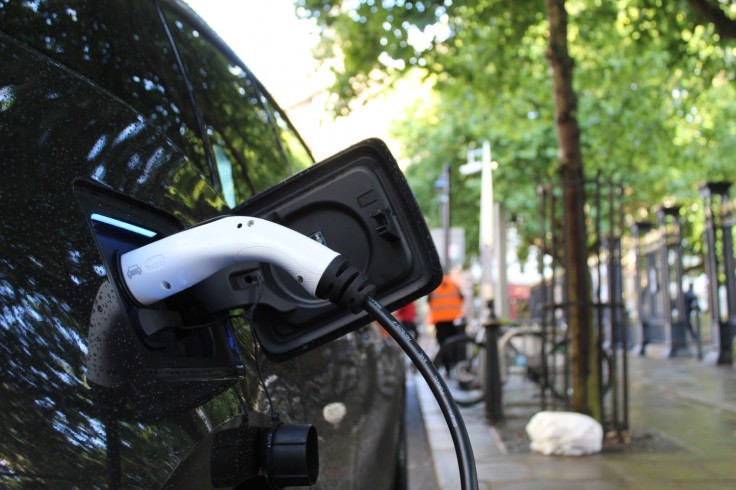Most people usually charge their electric vehicles (EV) at night. The practice is seen as practical and convenient as you allow your vehicle gets fully charged at night, and you drive it in the daytime.
But as more and more people buy EVs, there's a rise in the demand for overnight charging, according to The Verge.
Because of this, night charging of our EVs is "adversely affecting our electric grids," according to the researchers at Stanford University.

Researchers Advise EV Owners to Charge Their Vehicles During Daytime
The Stanford University study said that it's about time to change the practice of charging EVs overnight as it negatively affects electric grids, according to NBC Bay Area.
Based on the study that was published in Nature Energy, net electricity demand could increase by up to 25 percent by 2035 if EV ownership in the western U.S. continues uphill.
According to The Verge, when every vehicle on the road is a plug-in model, electricity demand could reach as much as 50 percent.
A heightened demand means higher electricity prices. This means that overnight charging of EVs might get expensive in the future.
According to Ram Rajagopal of the Stanford Sustainable Systems Lab, "there is a distinct advantage to charging your vehicle in the daytime."
When you charge during the daytime, you can take advantage of renewable energy such as solar and wind power. With this practice, the night-time grid is saved from all the energy EV charging requires.
Following this, the researchers at Stanford University propose that instead of charging overnight at home, owners could instead plug in their EVs at their workplace or at public charging stations during the day.
With this practice, electric grids will not get overloaded at night. Moreover, it would push for the rapid development of EV charging infrastructure.
Read Also: New Solar Cell Design An Improvement Over Existing Ones
Researcher Says There is a Need to Expand Access to Daytime Charging Option
With daytime charging, we utilize renewable sources, which means it is more environment-friendly as compared to overnight charging, which depends on fossil fuel-based power grids that increase carbon emission, as per Interesting Engineering.
The effect of overnight EV charging on the electrical system of the western part of the US was studied by the researchers. It includes California, which has 39 percent of the total registered EVs in the country.
However, this issue on the effects of overnight charging on electric grids is not just a problem in California. Other states should also rethink their charging practice.
"All states may need to rethink electricity pricing structures as their EV charging needs increase and their grid changes," said Siobhan Powell, lead author of the study.
Powell added that there might be a need to expand access to daytime charging options. This would benefit both the grid and future adopters of EVs.
Since policymakers are putting a lot of effort into building the new EV infrastructure, they should make daytime charging a priority.
As the U.S. aims to switch to EVs in order to reduce pollution, reduce carbon emissions, and fight climate change, the country might need to deal with several challenges along the way.
Read Also: Stanford Researchers Teach Robots what Humans Want









